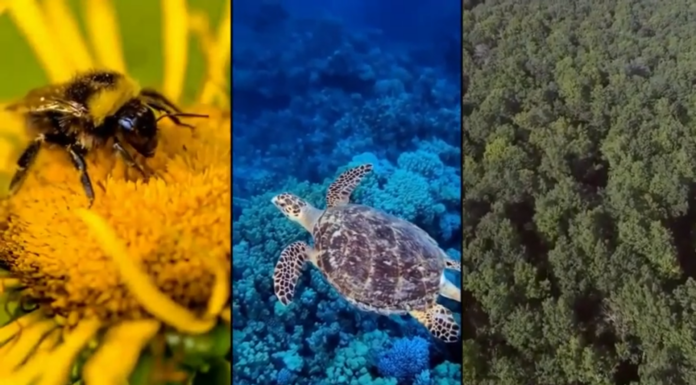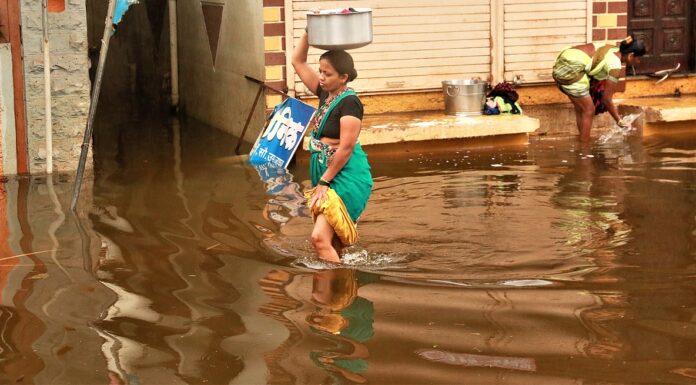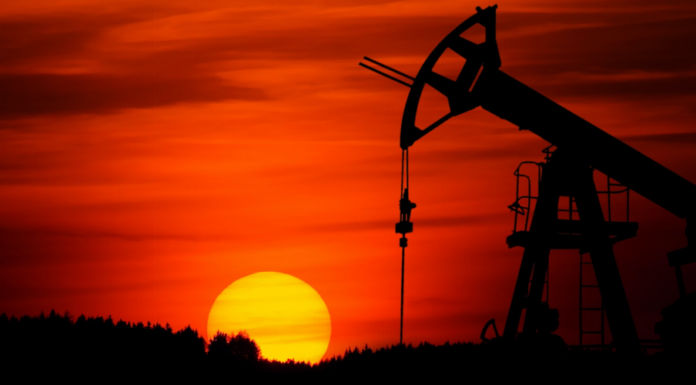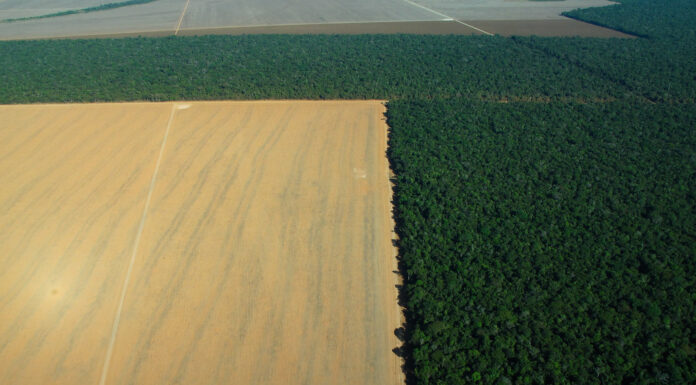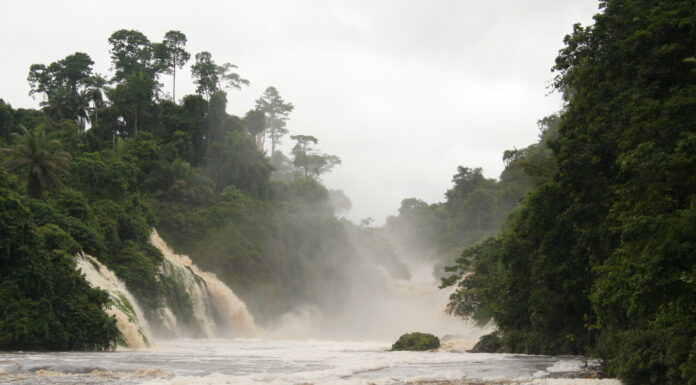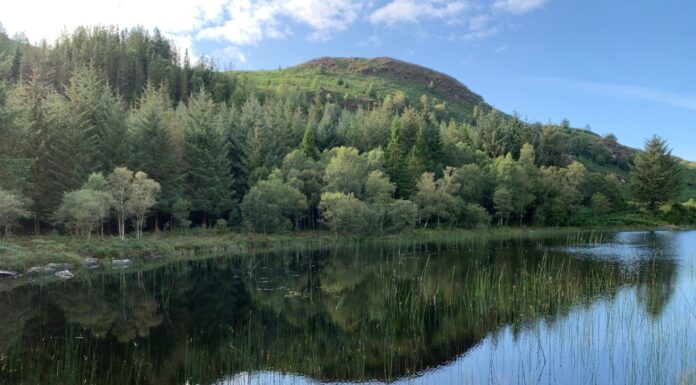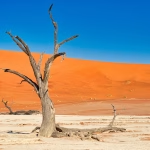https://www.youtube.com/embed/d8bQvEa7uCA
Interview TranscriptTranscribed by Otter AI
Kimberly WhiteHello and welcome back to Common Home Conversations for part II of our discussion with María Espinosa, President of the 73rd Session of the United Nations General Assembly and former Ecuadorian Minister of Foreign...
https://youtu.be/E3Qs4MlxDHw
Transcript
Our planet faces a myriad of catastrophic environmental challenges- climate change, widespread biodiversity loss, overexploitation of resources, air pollution, sea-level rise, extreme weather, desertification. The science is clear- the state of our global environment is deteriorating at an...
Written by: Deepa Padmanaban
In India, floods are the most frequently occurring natural hazard, accounting for 47 percent of all natural disasters and claiming 1,700 lives per year on average. Although studies have shown women to be more vulnerable to natural disasters, so far there is...
Written by: Patrick Greiner
While fossil fuels were powering wealthy nations’ economic growth in the 19th and 20th centuries, many countries across the Global South remained largely impoverished.
Today, all that burning of oil, coal and natural gas has warmed the...
Courtesy of Landscape News
Written by: Augusta Dwyer
A new study published in Nature Communications has quantified for the first time exactly how much deforestation decreases rainfall in the Amazon rainforest – and has put a price on it.
According to the analysis carried...
Written by: Elvis Paul Tangem and Elvis Lyonga Edimo
The Great Green Wall initiative is a reforestation project that aims to transform the lives of millions living on the frontline of the climate crisis. The goals of this African-led project are to...
Written by: Kimberly White
Gabon has been rewarded for its commitment to reduce deforestation and combat the climate emergency.
Gabon has received $17 million for the nation's deforestation and forest degradation reductions in 2016 and 2017. The payment is the first...
Written by: Myles Allen
The four-day G7 summit in Cornwall ended with little cause for celebration from anyone worried about climate change. Most of the pledges that emerged were relatively old news, with the UK repeating its promise of £500...
Written by: Emily Withers
A year ago the first minister of Wales, Mark Drakeford, announced a big step forward towards a more verdant and accessible country: a scheme for a Welsh national forest.
Inspired by the Wales Coast Path, the idea is...
Written by: Kimberly White
Royal Dutch Shell is being held accountable for its role in perpetuating the climate crisis.
A Dutch court ruled that Royal Dutch Shell must reduce its carbon emissions by 45 percent by 2030. The decision by the...


